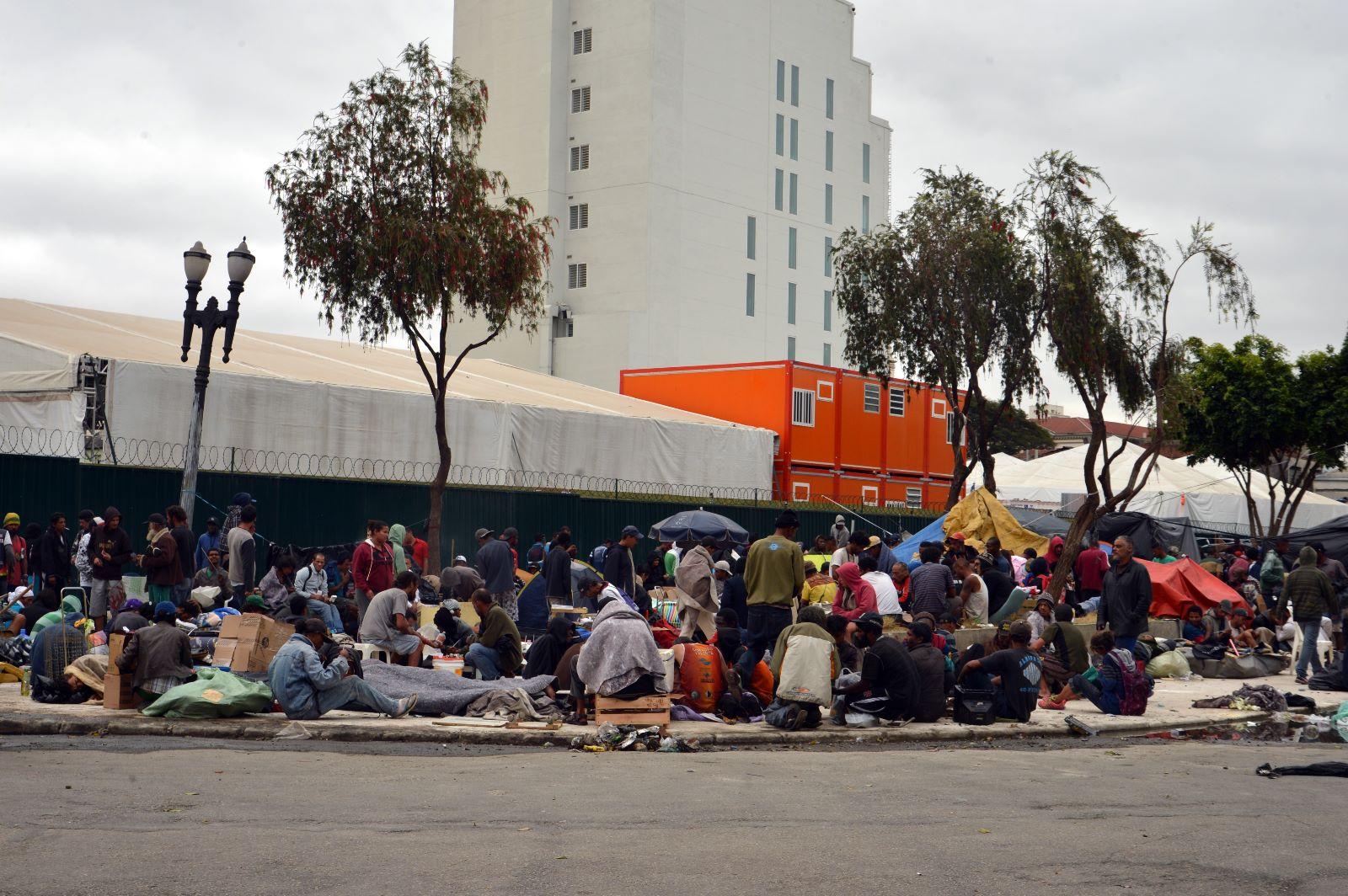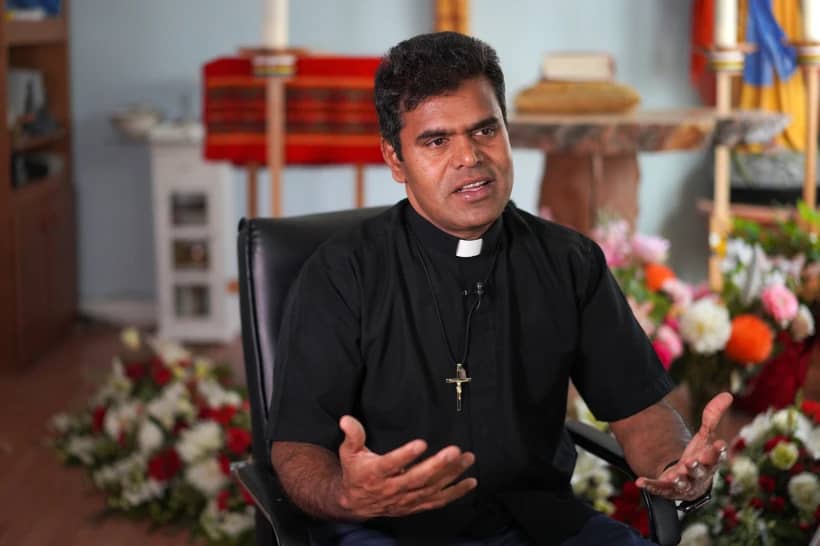SÃO PAULO – Church groups are pushing back against plans to tackle persistent drug abuse in São Paulo, saying the proposals of São Paulo State’s new governor are hasty, target some of the wrong people, and are destined to fail due to lack of clear organization and mission focus.
Tarcisio de Freitas, the new governor of São Paulo State, took only three weeks after assuming power on January 1 to announce his plan to deal with the so-called Crackland – Cracolândia in Portuguese – an area in the central region of the capital city where hundreds of addicts spend day and night smoking crack.
His project was disclosed during a press conference on January 24 with mayor Ricardo Nunes as a joint effort to solve a problem that has been impacting the largest city in Brazil for over three decades.
But Church groups that work with the area’s homeless population and with drug users say that the plan is destined to fail – just like the other plans that have been presented by mayors and governors over the past decades.
The initiative, which was named Reencontro, comprehends a series of measures that must be taken by the state and by the city governments in order to identify and arrest drug dealers, monitor and treat drug users, and promote an urban reform in the region.
The program includes expanding the number of people assisted in psychiatric clinics and rehabilitation centers, offering financial support to families who accept to welcome back home a relative who had become addicted to crack, and building low-income housing units in the Crackland area.
Police actions are central and involve the implantation of hundreds of security cameras in the zone, larger numbers of agents deployed to operate in the Crackland, and the compulsory hospitalization of addicts in extreme cases.
On February 7, newspaper Folha de São Paulo reported that divergent lines of action were already creating division between city and state officials and between the police and the healthcare agents involved in the operation.
Father Júlio Lancellotti, the Archdiocese of São Paulo’s Vicar for the Homeless and a longtime human rights advocate in Brazil, told Crux that he was invited by the government to learn about the program a few weeks ago.
“It is not clear in the plan which are the attributions of the city government and of the state government,” Lancellotti said, adding that the “proposals are really only drafts which consider the effects and not the causes of the situation and deal with it mostly from the perspective of public security.”
Lancellotti has seen several of such ideas over the past decades. Some of them were disastrous, like the series of violent police raids launched against the Crackland last year.
“The result of those actions was to scatter the larger group. Now, there are fragments of the Crackland all over the central district,” he said.
The Homeless Ministry distributes at least 300 hot meals in the region every day. On different occasions, city guards impeded Lancellotti to give food to the homeless. Politicians have accused him in the past of “feeding the problem” for giving meals to the addicts.
“This week, what caught my attention was the perceptible situation of malnutrition affecting many in the area. People are agitated, tired, and with no access to drinkable water. That is the direct fruit of negligence,” Lancellotti said, adding that there is an atmosphere of hostility against them in the central zone, something that reflects the continuous violence imposed on them by different governments.
Fr. José Francisco dos Santos, who heads the Franciscan Social Action organization (known as SEFRAS in Portuguese), an entity that distributes to the homeless 1,800 hot meals every day in São Paulo, told Crux that the government has not consulted the organizations which work with the impacted population in order to formulate its plan.
“The public security authorities were certainly heard, but not the civic groups,” dos Santos said, defining the project’s measures as “demagogic” and conceived to “cause impact on public opinion.”
SEFRAS’s agents have been feeling the impacts of the ill-conceived policies taken by the previous administrations on a daily basis.
“We used to distribute meals to homeless people who were not drug users,” dos Santos said. “Now that Crackland is scattered, crack addicts are among them everywhere, something that increases the challenges that we face,” dos Santos described, saying that they raise the “atmosphere of tension and violence that is already part of the work with the homeless.”
In dos Santos’s opinion, the plan is connected to another idea presented by Governor de Freitas since the campaign, in 2022: Changing the government’s headquarters to the district where the Crackland is located. The project is linked to several reforms in the zone.
“If that is his intention, the idea can be to gradually remove the drug addicts from that area and take them to other districts, which will be impacted,” dos Santos said, connecting the project to “social hygienism” – the doctrine that flourished in the 19th century in France and that incentivized broad urban reform to clear the cities from potential causes of diseases – but without taking into account the needs of the poor.
Dos Santos argues that addiction to crack is not a problem to be dealt with by the police, but by the State as a whole.
“That group needs different kinds of public policies, conceived by people who have experience in working with it. Easy answers to complex problems will not solve anything,” dos Santos said.













